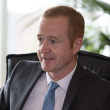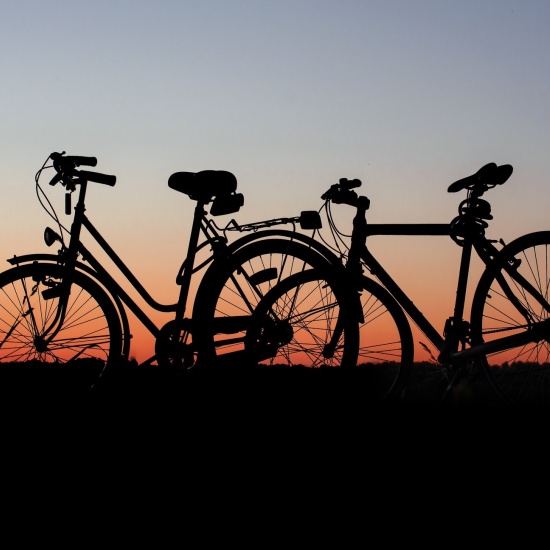Opportunity knocks for Ireland’s Clean Energy Sector after COP21
Every year The Energy Show shines a light on the burgeoning sustainable energy sector. This year, following COP21 in Paris things might feel even more upbeat. In December history was made when 200 countries reached an agreement signalling the beginning of the end for fossil fuels and carbon in global energy systems. As a result Ireland will undergo fundamental changes in where we get our energy from and how we use it. The benefits include reduced import dependence, increased security of supply, more affordable energy and also environmental benefits.
This ambition is reflected in the recently published Energy White Paper. It sets a trajectory for Ireland's energy system to be substantially decarbonised in just over 30 years' time. This transition will not be painless or without obstacles. But it's a transition that we have to make. There is no future in being a high emitter of carbon dioxide, or in heavy reliance on imported fossil fuels.
Our annual energy imports are about €1 billion lower on the strength of concerted energy efficiency action and our use of renewable energy like wind and biomass. Almost one quarter of our electricity comes from renewable sources, lowering our fossil fuel imports by €250million. Average carbon dioxide emissions per home are roughly half what they were 25 years ago. In the same period we have halved the carbon dioxide emissions for each unit of electricity we use today.
Many Irish businesses are already rising to the challenge. Aurivo Dairy Co-op invested over €5m in a biomass boiler, running on locally sourced wood instead of imported fuel oil, cutting their carbon dioxide emissions. Diageo's €169 million Brewhouse No.4 in St James's Gate is one of the world's most technologically advanced and environmentally sustainable breweries, thanks to an Energy Efficient Design standard developed here in Ireland. Diageo and Aurivo know that the only plausible strategy is to reduce fossil fuel use.
Exhibitors at The Energy Show 2016 are among those companies who are bringing technologically innovative solutions to market, both for domestic consumption and for export. From smart heating and intelligent lighting to sustainable building products. From renewable energy supply to energy management services. The Paris Agreement will see this market grow exponentially and Ireland is very well placed to exploit the global demand for the kinds of advanced solutions these companies are providing.
The Energy White Paper signals the need for rapid acceleration in energy efficiency actions and renewable energy deployment. Doing so, we can develop a significant sector of technology and innovation that is not just solving our issues, but doing so all over the world. Sustainable energy is already part of our economic recovery and must be firmly part of our economic future. Addressing climate change is an opportunity knocking on Ireland's door, and we must answer that call.


